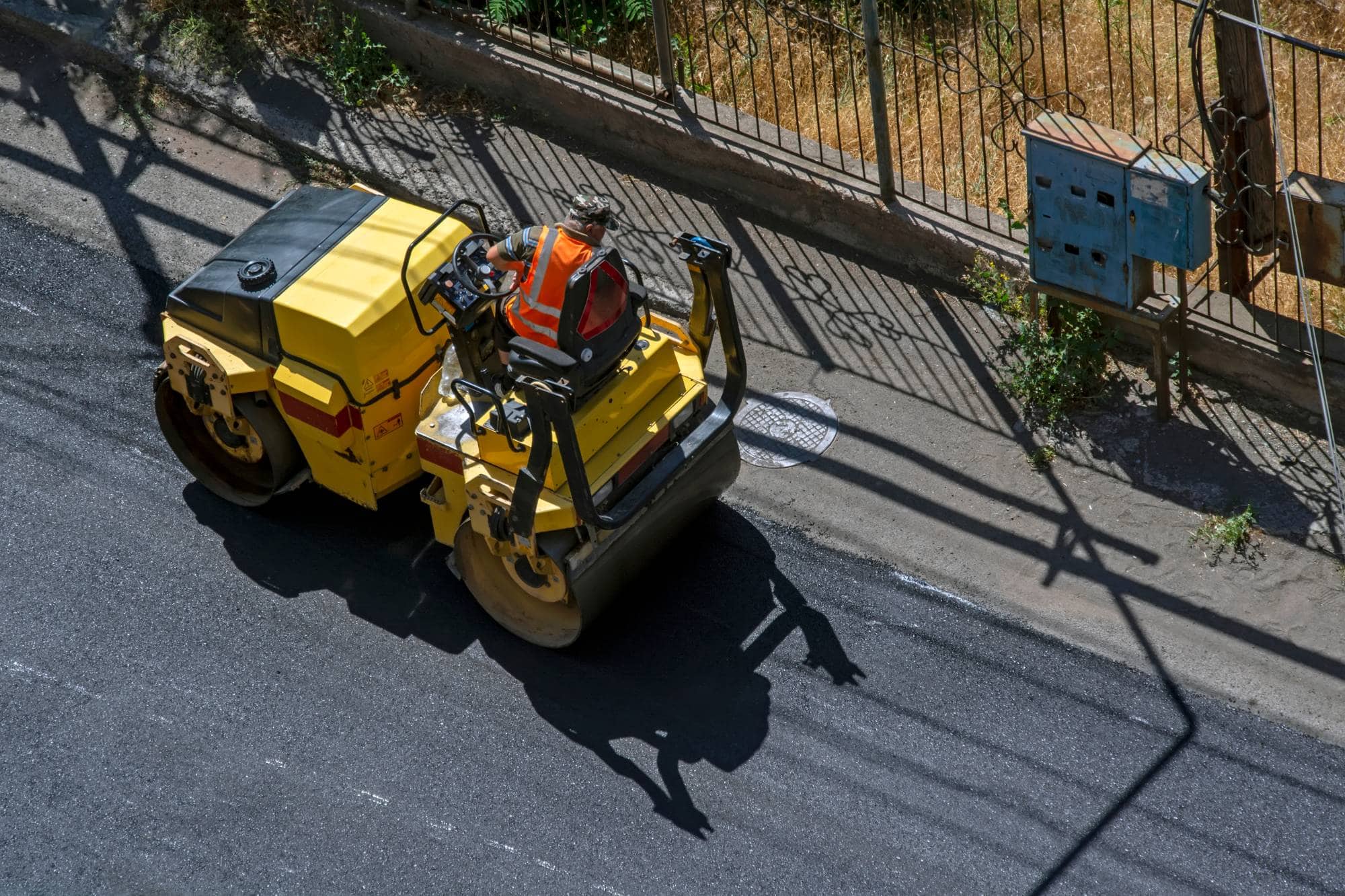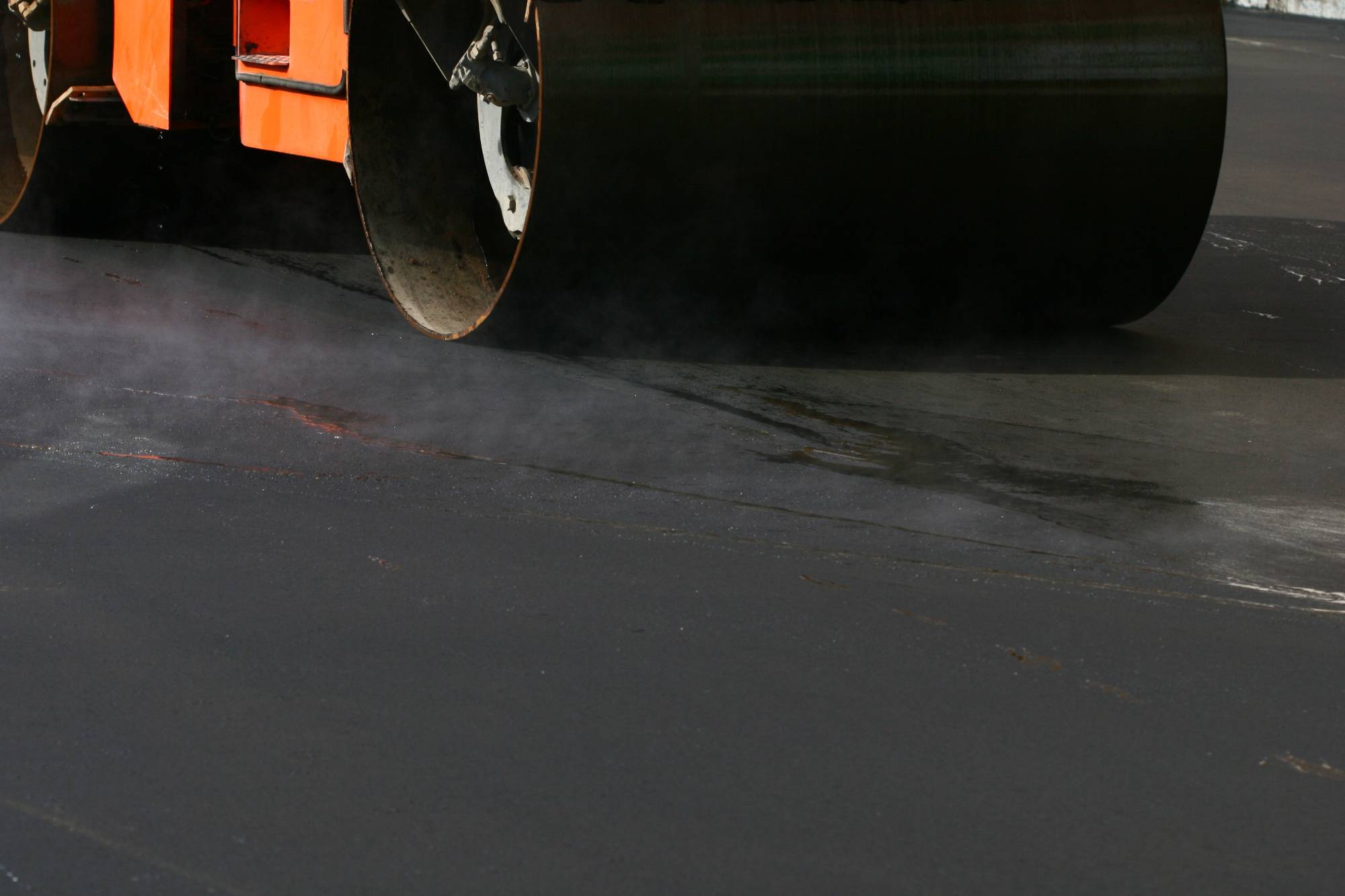- 631-796-2804
- [email protected]
- Mon - Fri: 6:30AM - 5PM
Professional parking lot paving and industrial asphalt services that keep your business running smoothly.

Hear from Our Customers

Your parking lot isn’t just pavement—it’s the first impression customers get of your business. When it’s done right, you get smooth surfaces that handle heavy traffic without cracking or settling. No more water pooling after storms that creates slip hazards and liability headaches.
Quality commercial asphalt means fewer emergency repairs interrupting your operations. You’re not calling contractors every few months to patch potholes or restripe faded lines. The surface stays level, the drainage works, and your property looks professional year-round.
Most importantly, you avoid the bigger problems that come with cut-rate paving jobs. No premature failure that forces you to repave in three years instead of fifteen. No surprise costs from poor site preparation that should have been done correctly the first time.
All Purpose Paving has been handling commercial paving projects across Suffolk County for years. We understand what separates a parking lot that lasts from one that starts failing before the first winter’s over.
Our team knows the specific challenges Long Island weather throws at commercial pavement. From freeze-thaw cycles that crack poorly installed asphalt to heavy summer traffic that can rut inadequately prepared surfaces. We’ve seen what works and what doesn’t.
Every project gets the same attention whether it’s a small office complex or a major industrial facility. Licensed, insured, and equipped to handle commercial-grade work that meets local codes and ADA requirements.

First, we assess your site and existing conditions. Proper drainage is critical, so we evaluate how water moves across your property and plan accordingly. If there’s old pavement, we determine whether it needs complete removal or can serve as a stable base.
Site preparation comes next—this is where many contractors cut corners, but it’s the foundation of everything. We excavate to proper depth, install quality aggregate base material, and compact it to specifications. No shortcuts that come back to haunt you later.
The asphalt installation itself happens when conditions are right. We coordinate delivery timing so the material goes down at optimal temperature and gets properly compacted while it’s workable. Final striping and marking happen after the surface has cured, giving you clearly defined parking spaces and traffic flow that meets ADA requirements.

Ready to get started?
Every commercial paving project includes proper site evaluation and drainage planning. We don’t just lay asphalt over existing problems—we address the underlying issues that cause premature failure. This includes soil stabilization when needed and proper base preparation.
You get commercial-grade materials designed for the traffic loads your property actually sees. Heavy delivery trucks require different specifications than passenger car traffic, and we match the pavement structure to your real-world usage patterns.
The work includes all necessary permits and inspections required by local authorities. We handle the paperwork and coordinate with municipal requirements so you don’t have to navigate that process yourself. Final cleanup leaves your property ready for normal operations without debris or equipment staging areas.


We are a family owned and operated paving contractor servicing customers on the East end of Long Island. We specialize in all phases of paving from start to finish.